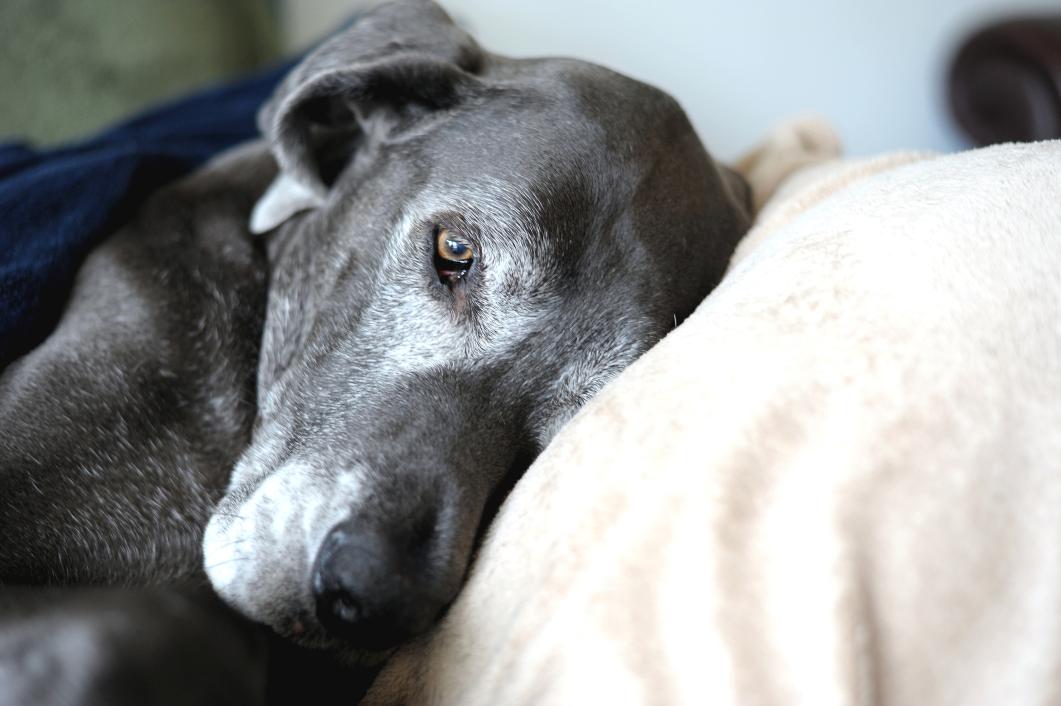Is Your Pet Slowing Down? When to Schedule a Mobility Checkup
Your dog used to zoom through the yard like a furry rocket. Now? He’s hesitating at the stairs and skipping playtime. Maybe your once-spry cat avoids leaping onto her favorite perch. It might seem like your pet is just “getting older,” but changes in movement can signal something more.
At Volunteer Veterinary Hospital in Knoxville, we know how important it is to catch mobility issues early. A simple checkup could be the first step to helping your pet feel like themselves again.
Small Signs That Point to Bigger Issues
Mobility problems don’t always show up with a dramatic injury or obvious pain. Many pets subtly adjust their behavior to cope with discomfort. But even small changes can hint at bigger health concerns.
Watch for signs like:
- Hesitation to jump on or off furniture
- Slower pace during walks
- Difficulty rising after lying down
- Stiffness, especially in the morning or after naps
- “Bunny hopping” or altered gait
Seasonal changes can make things worse. Cold, damp weather often exacerbates discomfort. If your dog is limping after having taken a fall or your cat is slowing down noticeably, it’s time to schedule a checkup.
What Causes Mobility Issues in Pets?
There’s no single cause behind a pet’s slowdown. We see a variety of conditions behind joint and movement changes at our Knoxville practice, including:
- Pet arthritis: Just like humans, dogs and cats can develop osteoarthritis, leading to inflammation and joint degeneration.
- Injuries and soft tissue strains: These can happen during play or activity and may not always be immediately apparent.
- Joint abnormalities: Issues like hip dysplasia or patellar luxation can cause pain and long-term damage if left untreated.
- Obesity: Carrying extra weight puts significant pressure on joints, leading to increased wear and tear.
- Neurological problems: These may mimic orthopedic conditions but require a different treatment approach.
Each cause requires a tailored treatment plan, which is why it’s so important not to guess or “wait and see.”
How Volunteer Veterinary Hospital Can Help
We offer comprehensive diagnostic services to identify the root cause of your pet’s mobility issues. We begin with a detailed physical examination and may recommend digital radiology to evaluate bones and joints, along with laboratory work to screen for systemic issues such as inflammation or infection.
Once we identify what’s going on, we can recommend a personalized treatment plan that may include:
- Pain management for pets: Medications or therapies to relieve discomfort
- Weight loss support: Nutritional counseling to take the pressure off sore joints
- Joint supplements or nutraceuticals: These may support cartilage health and reduce inflammation
- Environmental adjustments: Like ramps, orthopedic beds, and non-slip flooring
- Ongoing joint care: Regular rechecks and supportive therapies to help pets in TN maintain mobility long term
We offer a range of services that can help your pet feel better again. Our goal is to help them move more comfortably and enjoy life to the fullest.
Don’t Wait Until It’s Worse—When To Schedule a Checkup
If your pet shows any of the following signs, a mobility checkup is in order:
- Persistent or recurring limping
- Yelping or whining when touched or during movement
- Reluctance to go for walks, jump, or climb stairs
- Decreased activity or noticeable muscle loss
- Personality changes—like grumpiness or hiding—that may signal pain
Addressing these issues early gives us the best chance to improve your pet’s quality of life and slow the progression of chronic problems.
The Sooner, The Better: Let’s Get Them Moving Again
Our veterinarians and staff are here to help your pets feel their best—at every stage of life. Whether your dog has arthritis, your cat is slowing down, or you’re unsure what’s going on, a mobility checkup can provide the clarity and relief you’re looking for.
Call us at (865) 609‑0311 to schedule your visit today. Let’s help your furry friend get back to their happy, tail-wagging, zoomie-loving self.


